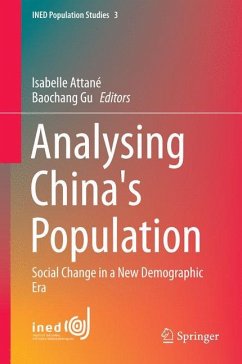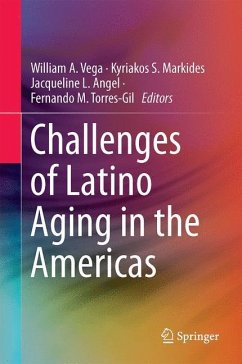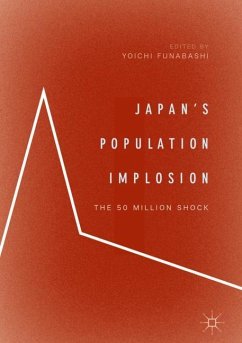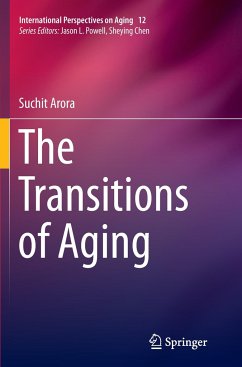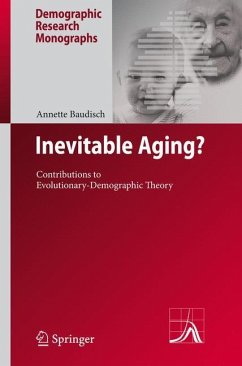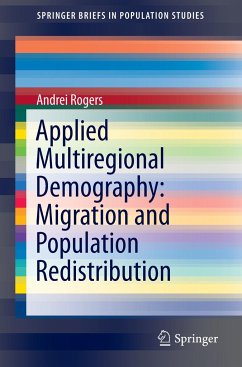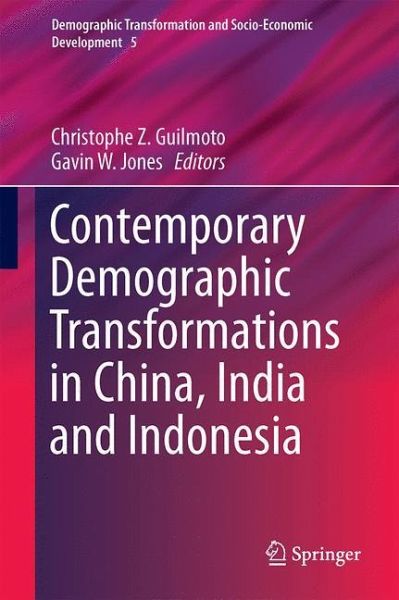
Contemporary Demographic Transformations in China, India and Indonesia

PAYBACK Punkte
38 °P sammeln!
This book examines the profound demographic transformation affecting China, India, and Indonesia, where 40% of the world's people live. It offers a systematic, comparative approach that will help readers to better understand the changing social and regional recomposition of the population in these regions.The chapters present a detailed investigation and mapping of regional trends in mortality, fertility, migration and urbanization, education, and aging. Throughout, the analysis carefully considers how these trends affect economic and social development. Coverage also raises global, theoretica...
This book examines the profound demographic transformation affecting China, India, and Indonesia, where 40% of the world's people live. It offers a systematic, comparative approach that will help readers to better understand the changing social and regional recomposition of the population in these regions.
The chapters present a detailed investigation and mapping of regional trends in mortality, fertility, migration and urbanization, education, and aging. Throughout, the analysis carefully considers how these trends affect economic and social development. Coverage also raises global, theoretical questions about the singular ways in which each of these three countries have achieved their demographic transition.
As the authors reveal, demographic trends seem to be somewhat linear and anticipatable, providing Asia's three demographic giants and their governments a formidable advantage in planning for the future. But the evolution of human mobility in China, India, and Indonesia, closely intertwined as it is with changing economic conditions, appears less predictable and ranks high among the major challenges to demographic knowledge in the coming decades.
Offering an insightful look into the components, implications, and regional variations of a changing population, this book will appeal to social scientists, demographers, anthropologists, sociologists, epidemiologists, and specialists in Asian studies.
The chapters present a detailed investigation and mapping of regional trends in mortality, fertility, migration and urbanization, education, and aging. Throughout, the analysis carefully considers how these trends affect economic and social development. Coverage also raises global, theoretical questions about the singular ways in which each of these three countries have achieved their demographic transition.
As the authors reveal, demographic trends seem to be somewhat linear and anticipatable, providing Asia's three demographic giants and their governments a formidable advantage in planning for the future. But the evolution of human mobility in China, India, and Indonesia, closely intertwined as it is with changing economic conditions, appears less predictable and ranks high among the major challenges to demographic knowledge in the coming decades.
Offering an insightful look into the components, implications, and regional variations of a changing population, this book will appeal to social scientists, demographers, anthropologists, sociologists, epidemiologists, and specialists in Asian studies.



